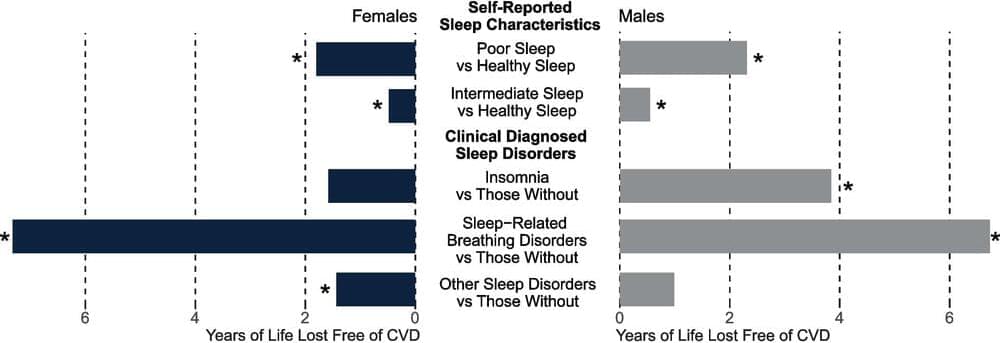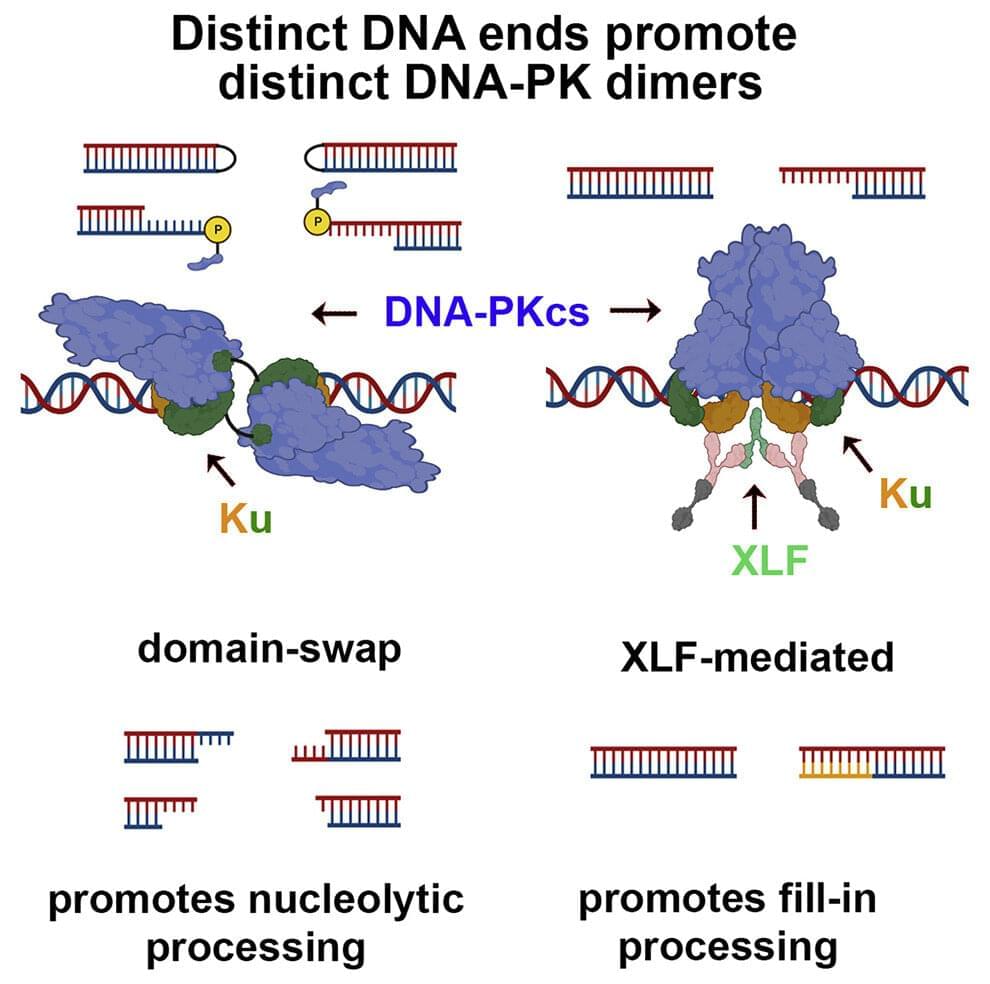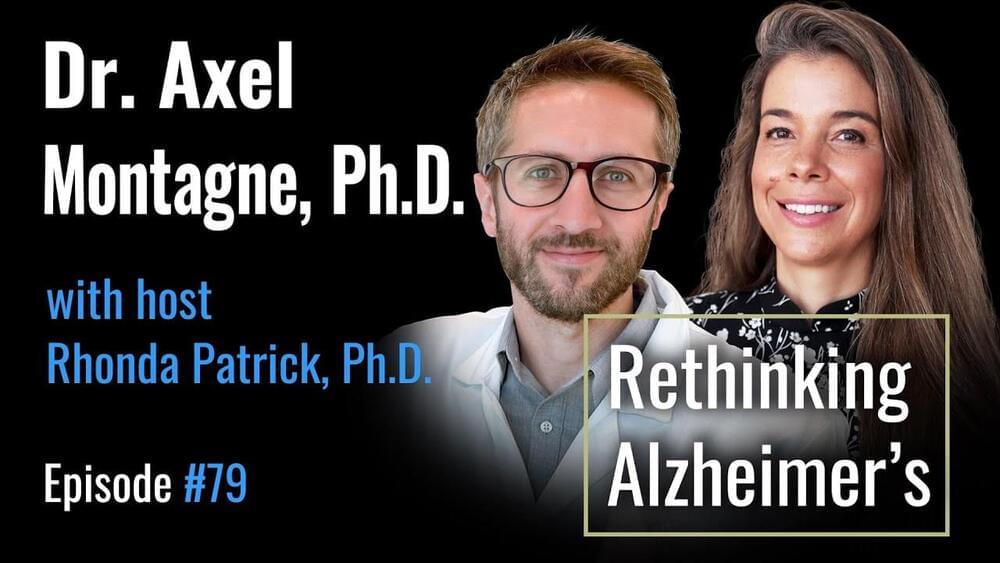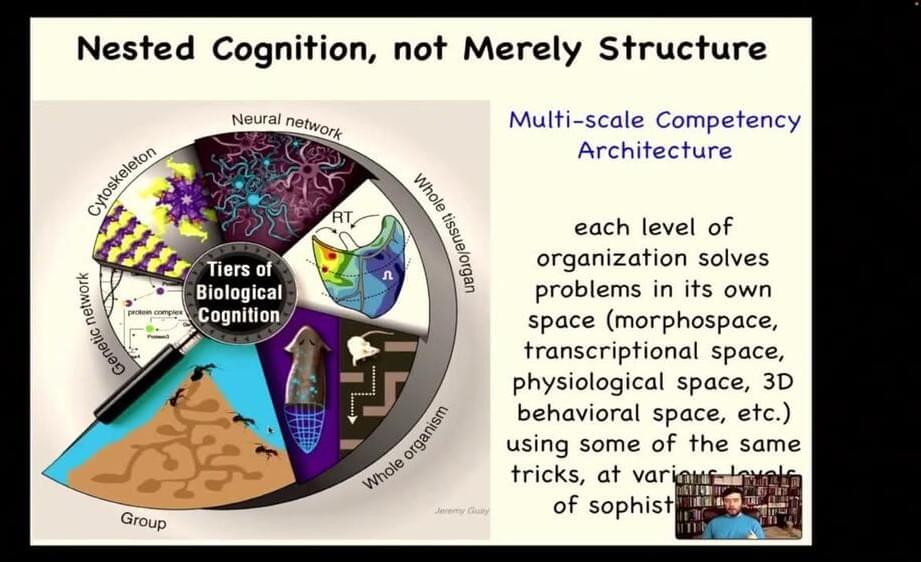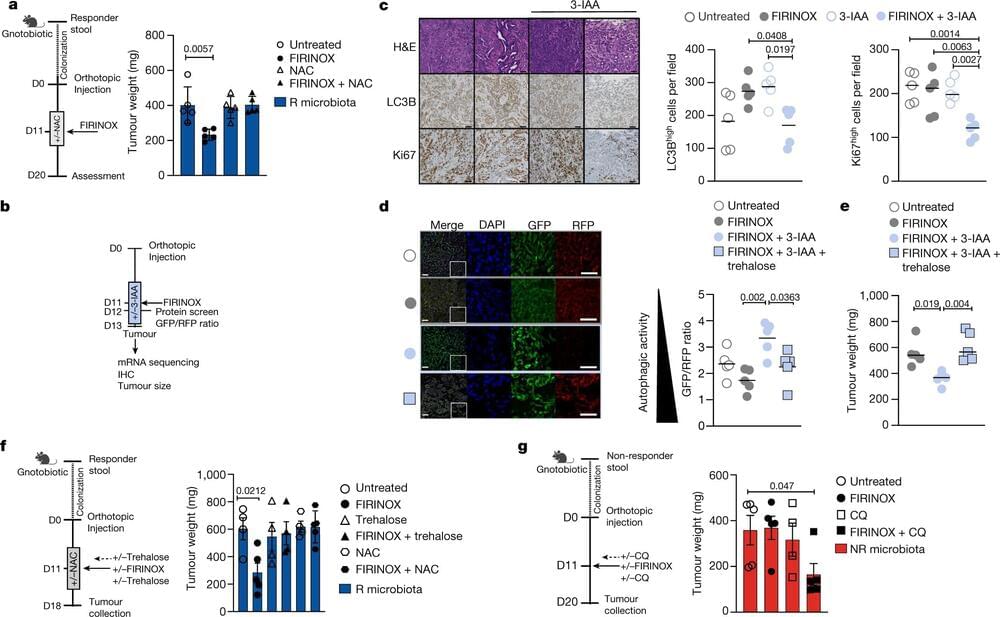Mar 3, 2023
Poor sleep linked to years of poor cardiovascular health
Posted by Shubham Ghosh Roy in categories: biotech/medical, health
Poor sleep could lead to between two and seven years worth of heightened heart disease risk and even premature death, according to a new study led by researchers at the University of Sydney in collaboration with Southern Denmark University.
The study analyzed data from more than 300,000 middle-aged adults from the UK Biobank and found that different disturbances to sleep are associated with different durations of compromised cardiovascular health later in life compared to healthy sleepers.
In particular, men with clinical sleep-related breathing disorders lost nearly seven years of cardiovascular disease-free life compared to those without these conditions, and women lost over seven years. Importantly, even general poor sleep, such as insufficient sleep, insomnia complaints, snoring, going to bed late, and daytime sleepiness is associated with a loss of around two years of normal heart health in men and women.
